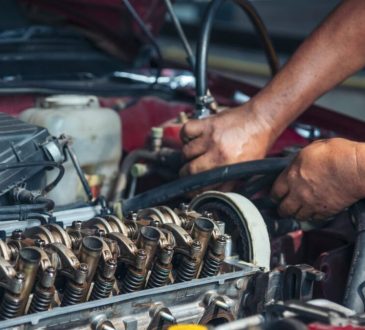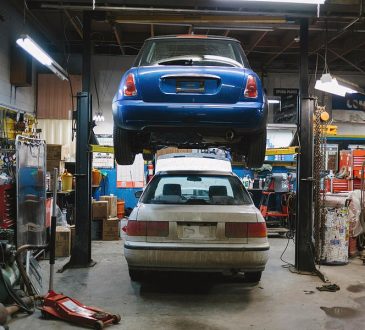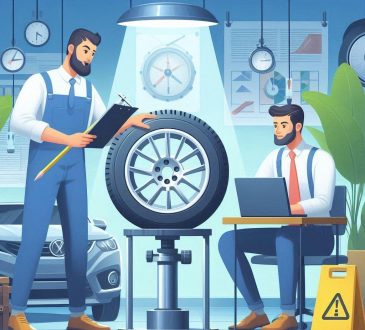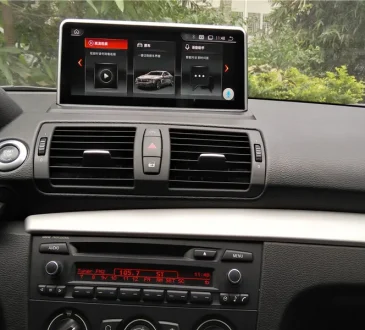
Your car’s suspension system is essential to providing a comfortable and smooth ride. However, it frequently emits auditory warning signals when it starts to malfunction. Unusual noises such as creaks and squeaks may be signs of underlying suspension problems. By identifying these sounds, drivers can prevent repair costs from rising and increase road safety by spotting issues before they become more serious.
Knowing How to Use the Suspension System
The suspension system includes sway bars, control arms, struts, shock absorbers, and more. Each component works together to provide stability, handling, and comfort by absorbing road bumps and maintaining tire contact with the pavement. Any component wear reduces the suspension system’s effectiveness, which might generate strange noises during turns or on rough terrain. Preventive car maintenance requires understanding these noises.
Typical Sounds and What They Mean
Several suspension parts may be creaking or squeaking. Squeaks often indicate worn sway bar links or dry bushings, which can reduce handling. However, creaks may signal that the shock absorbers or struts are no longer performing well, causing excessive suspension movement. Clunks during turns frequently indicate loose or broken ball joints or control arms. Understanding these noises and their significance helps diagnose suspension issues.
Recognizing Sounds on Curves and Uneven Roads
Specific driving sounds deserve attention. If a car squeaks when turning sharply, it may have suspension alignment difficulties or worn brake pads. Cracking noises when driving over uneven or potholed terrain may indicate that the shock absorbers are not absorbing impact well. A thorough check might help discover defective components during these times.
Performing a Visual Examination
After finding any strange noises, carefully inspect the surroundings. Rusted parts, leaking shocks, and cracked or fractured bushings are signs of suspension wear. Connection points are more likely to be damaged, thus they need extra care. Check for loose hardware or bolts that may be making noise. A comprehensive visual inspection can clarify potential issues and support aural observations.
Getting Expert Help
Noise can reveal suspension difficulties, but expert inspection is essential. The right tools and knowledge allow mechanics to identify complex suspension issues. Noises in your car may indicate suspension troubles. Consult a certified mechanic for a thorough evaluation. For reliable service, consider seeking Auto Repair in Troy, Oh. They can inspect your vehicle and recommend repairs to keep your car running smoothly.
Conclusion
More than just a nuisance, your car’s creaky or squeaky sounds could be an indication of possible suspension problems that need to be fixed. Through attentive listening to these noises, comprehending their ramifications, and performing comprehensive examinations, drivers can efficiently identify and address issues prior to them getting worse. When in doubt, getting help from a professional can guarantee that your car stays in top shape and that you can drive safely and smoothly. Maintaining your suspension system on a regular basis improves performance and increases overall car safety.




